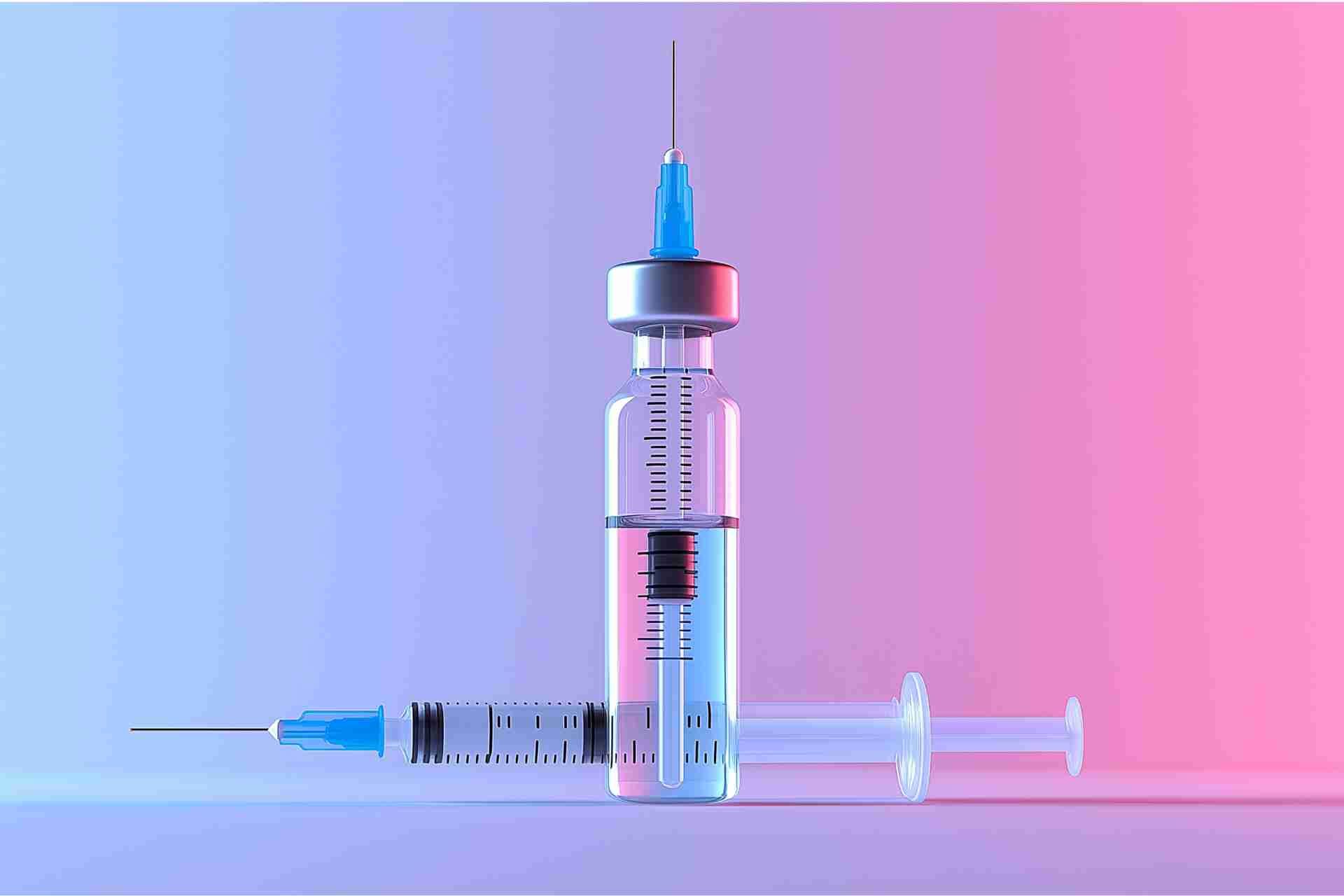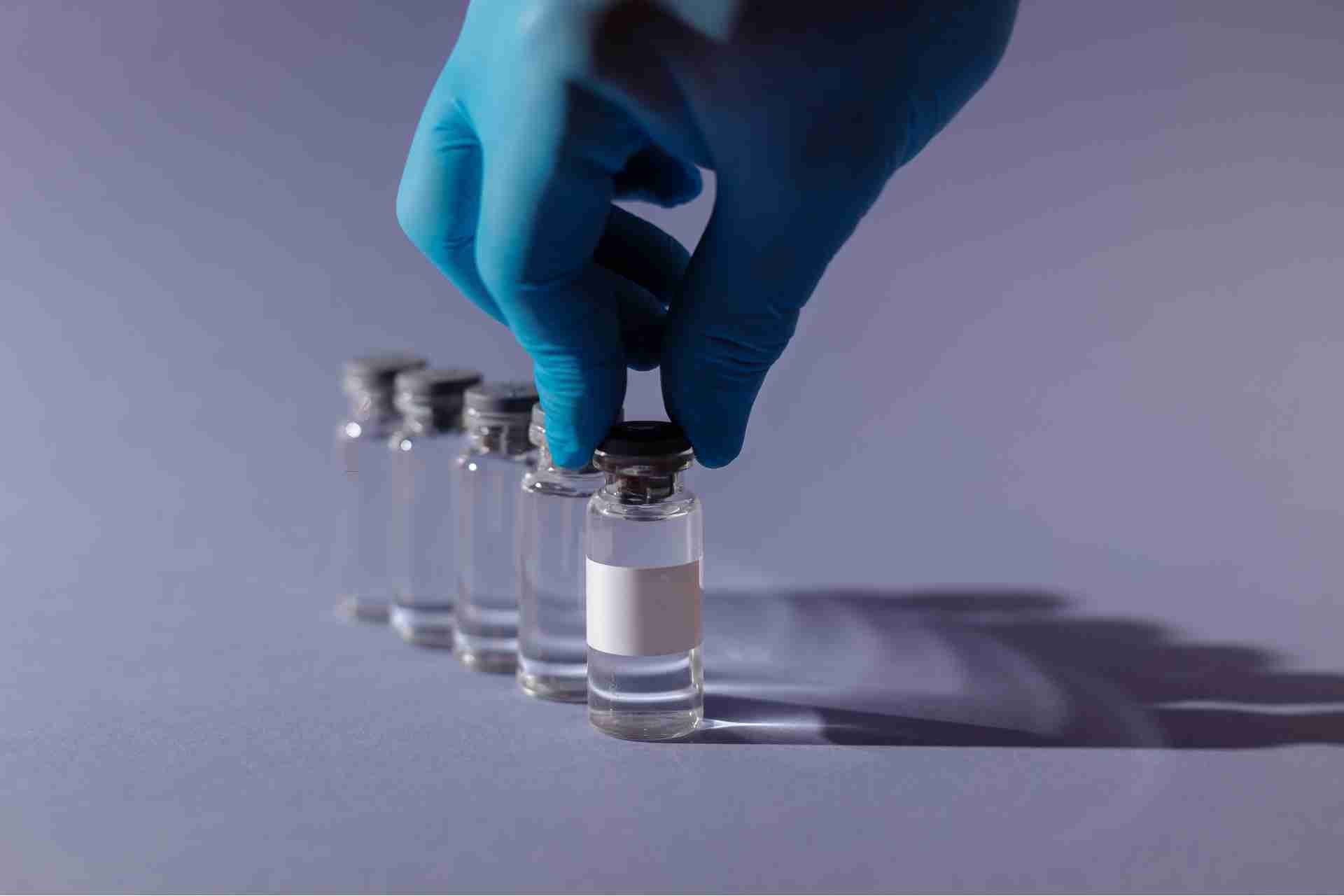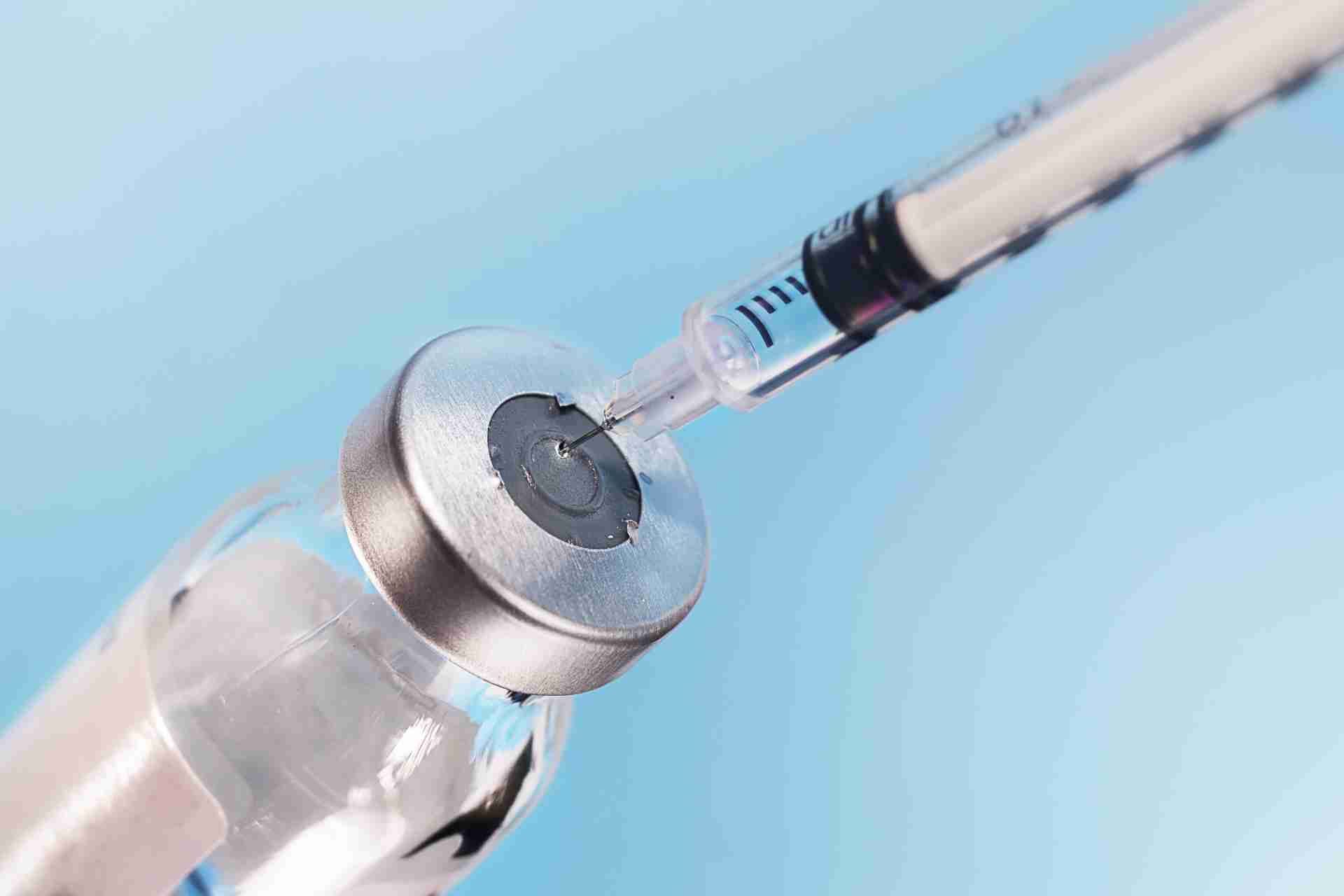Safety, Ethics, and Legal Considerations in Psychedelic Therapy in Utah

Psychedelic therapy in Utah raises important safety, ethical, and legal questions that you should consider. As interest grows in substances like psilocybin and MDMA, understanding their current legal status and the implications for patient care becomes crucial. You need to think about informed consent and how mental health professionals play a vital role in this evolving landscape. What does this mean for the future of therapy in the state?
Overview of Psychedelic Therapy in Utah
Psychedelic therapy in Utah is gaining traction as more people seek alternative treatments for mental health issues. This approach combines traditional therapeutic practices with psychedelics, like psilocybin or MDMA, to facilitate profound emotional breakthroughs.
Many individuals are turning to these therapies to address conditions such as depression, anxiety, and PTSD when conventional methods haven't worked. You might find that these sessions often take place in a safe, controlled environment, guided by trained professionals who help you navigate your experiences.
The therapy aims to foster deep self-reflection and healing. As interest grows, it's crucial to stay informed about the evolving landscape of psychedelic therapy, ensuring you're aware of best practices and potential risks to make the most of your journey.
Current Legal Status of Psychedelics
While the therapeutic potential of psychedelics is increasingly recognized, their legal status remains complex in Utah. Currently, substances like psilocybin and MDMA are classified as Schedule I drugs, making them illegal for recreational use.
However, there's been a growing movement advocating for decriminalization and medical research. Some local jurisdictions, like Salt Lake City, have taken steps to decriminalize certain psychedelics, signaling a shift in public perception.
You should also be aware that lawmakers are considering legislation that could pave the way for regulated therapeutic use. As the landscape evolves, staying informed about these changes is crucial.
Engaging with local advocacy groups can help you understand your rights and the potential for future psychedelics access in therapeutic contexts.
Ethical Implications of Psychedelic Use
As the legal landscape surrounding psychedelics shifts, it's important to consider the ethical implications of their use, especially in therapeutic settings.
You need to reflect on informed consent; patients must fully understand the potential risks and benefits before engaging in treatment.
It's also crucial to address issues of vulnerability, as some patients may be in a fragile state when seeking help.
You should think about the power dynamics between therapists and clients, ensuring that practitioners don't exploit their position.
Additionally, transparency in research and treatment practices is essential to maintain trust.
Lastly, cultural sensitivity is vital; respecting diverse perspectives on psychedelics can enhance their therapeutic potential while preventing harm.
Balancing these ethical considerations is key to responsible psychedelic therapy.
Patient Safety in Psychedelic Therapy
Ensuring patient safety in psychedelic therapy is paramount, especially given the potent effects these substances can have on the mind and body.
You must work with trained professionals who understand the nuances of psychedelic substances and their potential risks. Monitoring your mental health history is crucial; certain conditions can heighten adverse reactions.
During therapy sessions, a supportive environment helps mitigate anxiety and fosters trust. You'll want to ensure that integration therapy follows your psychedelic experience, providing a space to process and understand the insights gained.
Clear communication about any current medications or health concerns is essential to avoid harmful interactions. By prioritizing safety, you can navigate the therapeutic landscape more confidently and effectively.
Informed Consent and Patient Autonomy
Patient safety isn't just about monitoring health; it also involves respecting your autonomy and ensuring you fully understand the therapy process.
Informed consent is crucial in psychedelic therapy, as it empowers you to make choices about your treatment. You should receive clear, comprehensive information about the potential benefits, risks, and alternative options available to you. This understanding helps you feel more comfortable and confident in your decisions.
Your questions matter, and your mental and emotional readiness for the therapy should be prioritized.
As you engage in this therapeutic journey, remember that you have the right to withdraw consent at any time. Upholding your autonomy not only protects your well-being but also fosters a trusting relationship with your therapist.
The Role of Mental Health Professionals
While you navigate the complexities of psychedelic therapy, the role of mental health professionals becomes crucial in guiding and supporting you throughout the process.
These trained experts can help you prepare for your experience, ensuring you understand what to expect and addressing any concerns. They provide a safe environment, fostering trust and openness, which enhances the therapeutic process.
Mental health professionals also play a vital role in integration, helping you make sense of your experiences and apply insights to your daily life. They're there to monitor your mental well-being, ensuring that you don't encounter adverse reactions.
Cultural Perspectives on Psychedelics in Utah
As the conversation around psychedelics evolves, cultural perspectives in Utah reflect a mix of curiosity and skepticism. Many residents find themselves intrigued by the potential benefits of psychedelics for mental health treatment, especially in light of rising rates of anxiety and depression.
However, deep-rooted beliefs and cultural norms often lead to hesitation. Some view psychedelics through a lens of caution, associating them with illegal use and past counterculture movements. Others are inspired by stories of healing and transformation, pushing for more open discussions.
You might notice a growing interest in education and community workshops, aiming to bridge these gaps. Ultimately, understanding these diverse viewpoints is crucial as Utah navigates the complexities of integrating psychedelics into mental health therapies.
Research and Evidence Supporting Psychedelic Therapy
Amidst the growing curiosity about psychedelics for mental health treatment in Utah, research is increasingly backing their therapeutic potential.
Studies show that substances like psilocybin and MDMA can significantly reduce symptoms of depression, PTSD, and anxiety. For instance, clinical trials have demonstrated that psilocybin can lead to lasting improvements in mood and well-being, often after just a few sessions.
Furthermore, MDMA-assisted therapy has been shown to enhance emotional processing and promote healing in trauma survivors. These findings suggest that psychedelics, when used in controlled settings and under professional guidance, can offer profound benefits.
As you explore this landscape, it's crucial to stay informed about ongoing research and emerging evidence to understand the full scope of psychedelic therapy's promise.
Future Directions for Psychedelic Practices in Utah
Looking ahead, Utah's approach to psychedelic therapy is set to evolve significantly, driven by both scientific advancements and shifting cultural attitudes.
You might witness a growing acceptance of these practices as more research highlights their therapeutic potential. With increasing public interest, lawmakers may consider more inclusive policies that support safe and regulated use.
As practitioners gain experience, you'll likely see professionals specializing in psychedelic therapy, offering tailored approaches for various mental health conditions.
Furthermore, community education initiatives could help demystify psychedelics, fostering informed conversations and reducing stigma.
Ultimately, as Utah embraces these changes, you'll find a landscape rich with opportunities for healing and growth, paving the way for transformative experiences in mental health care.
Conclusion
In conclusion, navigating the world of psychedelic therapy in Utah requires careful consideration of safety, ethics, and legality. As you explore these therapeutic options, it's crucial to stay informed about current laws and the importance of working with trained professionals. By prioritizing informed consent and patient autonomy, you can create a supportive environment that fosters healing. As the landscape evolves, embracing responsible practices will pave the way for safe and effective psychedelic therapy in the future.










